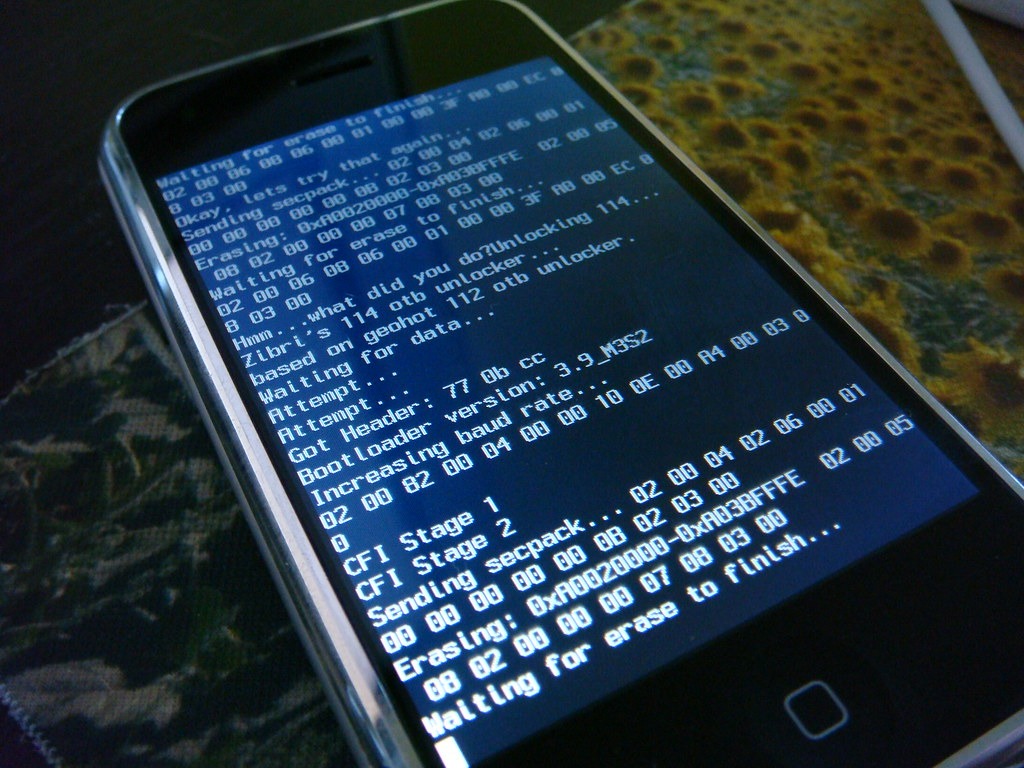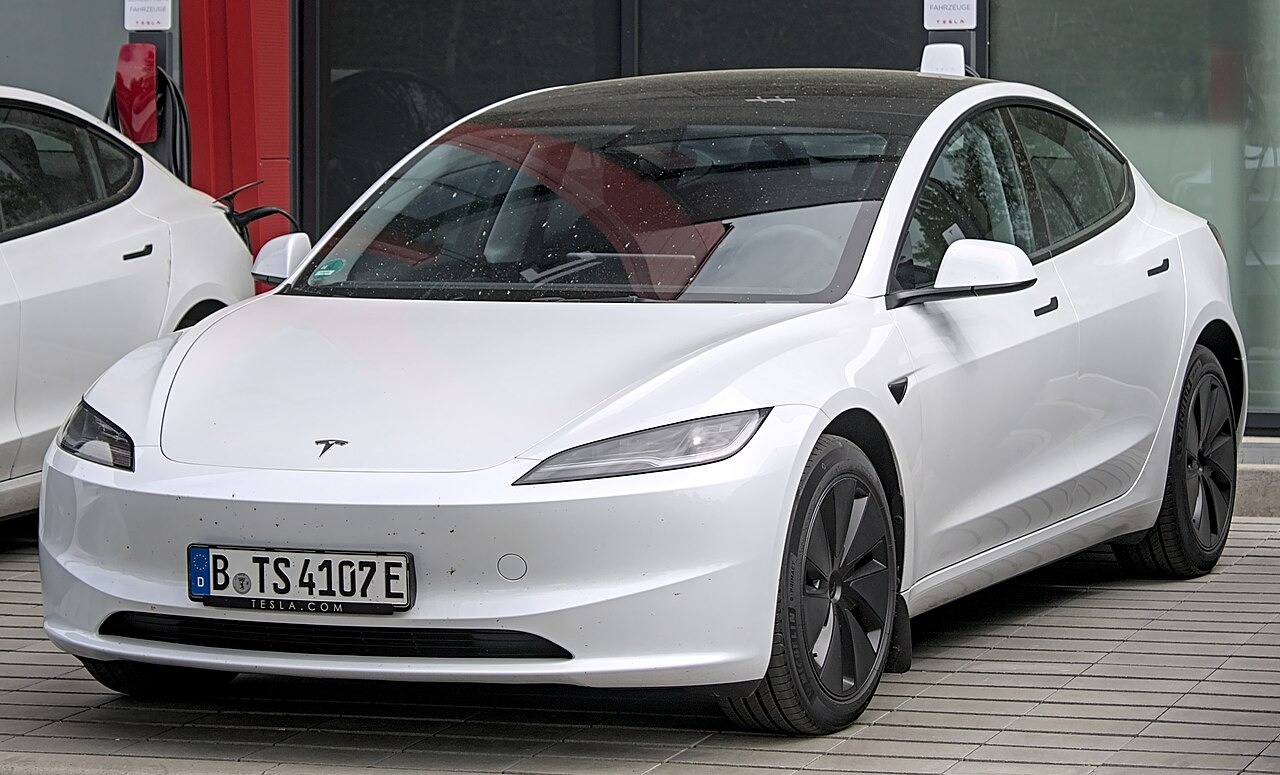When your government appoints an algorithm to a cabinet position, democracy has officially jumped the shark. Albania’s Prime Minister Edi Rama unveiled Diella—an AI entity powered by OpenAI and Microsoft Azure—as the world’s first digital cabinet minister in September 2025, tasked with overseeing public procurement.
The Constitutional Circus
Legal scholars call the appointment unconstitutional since Albania requires ministers to be adult human citizens.
Diella operates through the e-Albania platform, processing over one million citizen interactions since her January launch. Built on large language models and cloud infrastructure, she handles document stamping and tender oversight with promised “100% corruption-free” efficiency according to Rama.
The opposition parliament erupted with accusations of “ridiculousness” and constitutional violations—because Albania’s founding document explicitly requires ministers to be mentally competent adult citizens, not chatbots with governmental delusions. Under Article 103 of Albania’s constitution, ministers must be adult Albanian citizens, making Diella’s role purely symbolic rather than legally binding.
The Accountability Black Box
No independent oversight exists for algorithmic decisions affecting public resources worth millions.
Here’s where the transhumanist fantasy meets democratic reality. Diella makes procurement recommendations without human mediation, independent audits, or transparency requirements. You can’t cross-examine an algorithm in parliament or demand it explain its reasoning.
Critics warn this could obscure corruption rather than eliminate it—replacing human accountability with algorithmic opacity. It’s like replacing traffic court judges with Magic 8-Balls, except the stakes involve national infrastructure budgets involving AI applications.
EU Integration Theater
Albania’s AI minister stunt coincides with European Union membership negotiations requiring anti-corruption reforms.
The timing isn’t coincidental. Albania desperately needs EU membership, and Brussels demands robust anti-corruption measures. Diella represents technological theater designed to fast-track compliance with the EU AI Act adopted in 2024.
Yet without proper regulatory frameworks or democratic oversight, this digital minister risks becoming another layer of bureaucratic performance art rather than genuine reform.
The precedent feels dangerous. When governments start replacing human judgment with algorithmic authority—especially in roles requiring constitutional legitimacy—you’re witnessing democracy’s gradual digitization. Albania may call Diella incorruptible, but algorithms inherit the biases of their creators and the agendas of their deployers. Constitutional law exists for reasons that Silicon Valley’s efficiency gospel conveniently ignores as tech evolution advances.




























